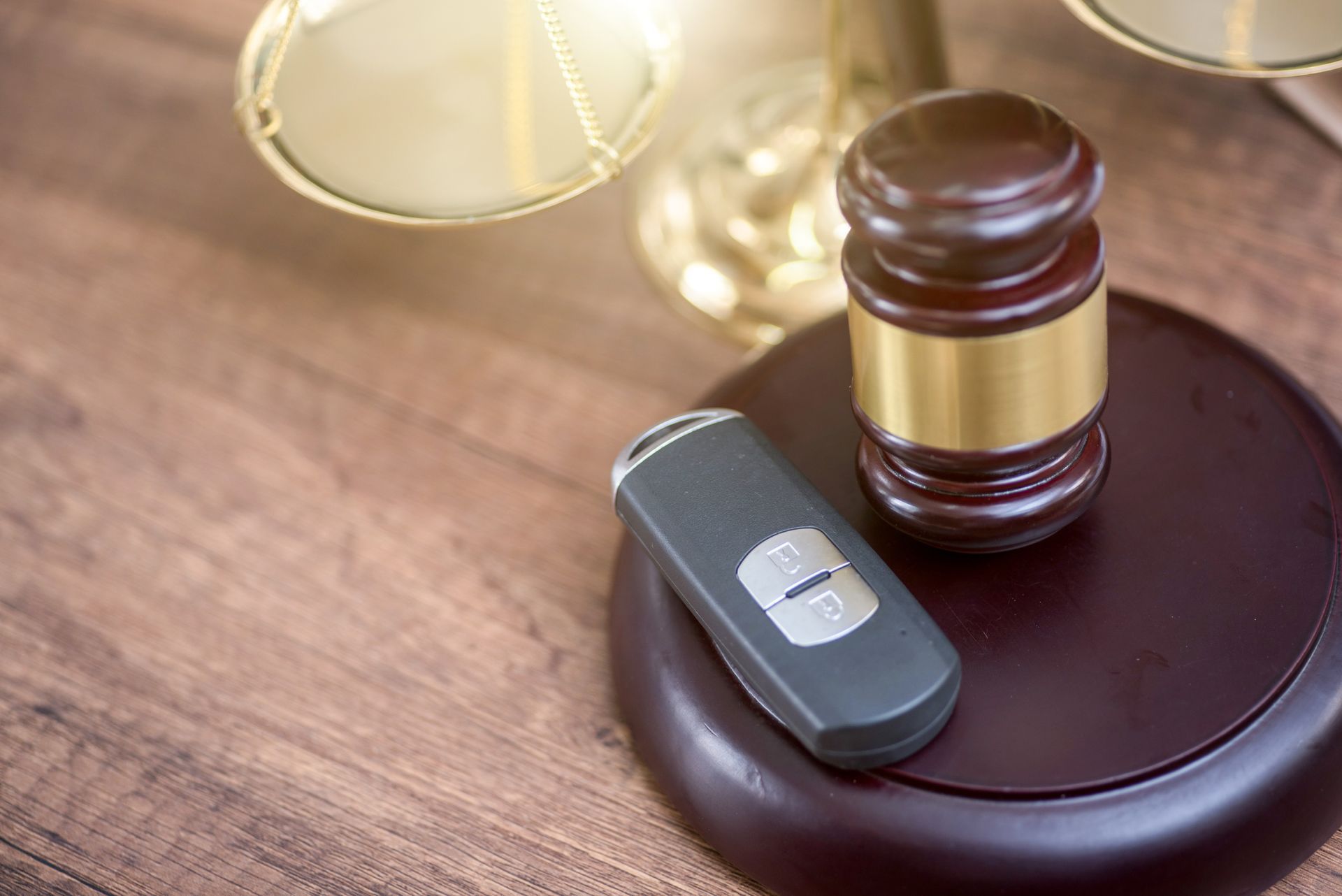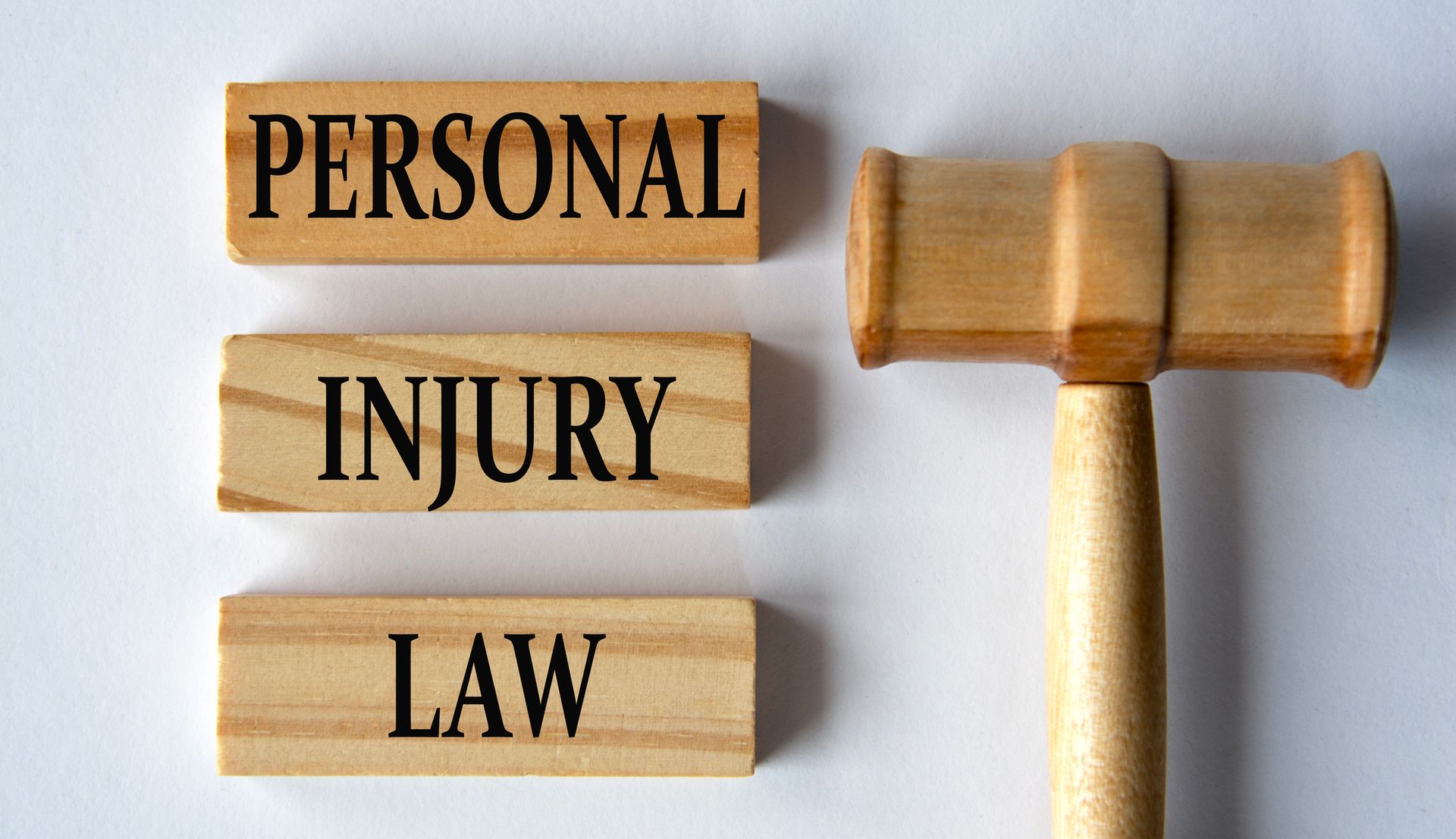Are the Rules of the Internet Going to Change?
The Supreme Court Turns Its Attention to the Internet
WILL THE SUPREME COURT CHANGE THE INTERNET?
The United States Supreme Court recently granted certiorari to a case, Gonzalez v. Google, and might grant certiorari to another case/cases, Netchoice LLC v. Moody and Netchoice LLC v. Paxton, which ask the Court to consider the very nature of the way the internet operates. Because this Supreme Court has shown a willingness to overrule precedent and because the questions being reviewed go to the very structure of the internet, the stakes in these cases are extremely high.
GONZALEZ v. GOOGLE LLC
The Supreme Court granted certiorari in Gonzalez v. Google LLC, 2 F.4th 871 (9th Cir. 2021) on the following question presented: “Does section 230(c)(1) immunize interactive computer services when they make targeted recommendations of information provided by another information content provider, or only limit the liability of interactive computer services when they engage in traditional editorial functions (such as deciding whether to display or withdraw) with regard to such information?” This is the first opportunity the Court has taken to interpret 47 U.S.C. § 230 (“Section 230”) since the law was enacted in 1996.
In Gonzalez, the estate of Nohemi Gonzalez, a victim of the November 2015 terrorist attacks in Paris, sought to hold Google liable under the Anti-Terrorism Act for recommending videos through its YouTube algorithms that were posted by the terrorist group ISIS. A court in the Northern District of California found that Section 230(c)(1) protected Google against the claims, and the U.S. Court of Appeals for the Ninth Circuit affirmed.
The key thing to understand about the Gonzalez case is that it differs from previous attempts to reign in the blanket immunity afforded by Section 230 to internet platforms. The Gonzalez lawsuit does not argue that YouTube should not be hosting IS videos (section 230 allows that) but that its “recommendation” algorithms, which may push other, perhaps more radicalizing, videos, renders it liable for the resulting damage. In other words, while YouTube may have legal protection for hosting whatever its users post on it, it does not – and should not goes the argument – have protection for an algorithm that determines what they should view next.
The Supreme Court could decide that Section 230 does in fact protect platforms from liability for posts, even ones by terrorist groups like ISIS, but that the algorithms that recommend content (vs. moderate it) take the platform out of the scope of Section 230 protection. It could be argued that such a decision would be consistent with free speech tenets but go a long way toward inhibiting the online radicalization and recruiting of violent groups.
MODERATION v. CENSORSHIP
In September, the Florida Attorney General asked the Court to review the Eleventh Circuit’s ruling in NetChoice, L.L.C., v. Moody et al., 34 F.4th 1196 (11th Cir. 2022) that a Florida law prohibiting online services from moderating content by political candidates or “journalistic enterprises” violates the First Amendment. The Fifth Circuit recently concluded in NetChoice L.L.C. v. Paxton, 2022 WL 4285917 (5th Cir. Sept. 16, 2022) that a similar Texas law restricting online “censorship” does not violate the First Amendment and, last week, NetChoice filed a motion in the Fifth Circuit to block enforcement of the law while it files a petition for the Supreme Court to review the Fifth Circuit’s decision. The circuit split between Moody and NetChoice increases the likelihood that the Supreme Court will agree to hear one, or both, of the cases. Several Justices have expressed interest in the application of the First Amendment to online platforms.
The Netchoice cases arise out of a pervasive view held by conservatives that social media is biased in favor of liberals and that the moderation of content by algorithms will disproportionately remove conservative content. Conservatives equate this content moderation with censorship, and argue that it violates the First Amendment guarantee of free speech. These cases are important on several levels since they ask the questions: (1) can platforms be liable for content they remove rather than keep online? and (2) even if the algorithms at issue result in a form of censorship as argued, can a private company be held liable for censorship? If the U.S. Supreme Court grants certiorari, the answers to these two questions would have wide-ranging repercussions.
THE ROLE THAT CONGRESS COULD PLAY
It can be argued that clarifying the scope of Section 230 is properly the role of Congress, not the judiciary, and that the internet has evolved so much in the 26 years since the passage of the CDA and Section 230 that a re-definition of it is overdue. Such an argument is logical, but Congress taking action soon is unlikely. Similarly, addressing the issue of censorship online and of whether private companies can engage in it would seem to be under the purview of Congress. But Congress has shown an inability and unwillingness to resolve this thorny dispute.
WHAT IS AT STAKE
As noted above, the Supreme Court’s decision in the Gonzalez case will have huge repercussions since it would re-define the scope of the immunity provided by Section 230. It is no exaggeration to say that the broad interpretation of its protection of platforms is what has allowed these companies to become enormously profitable. Limiting that protection, especially if the limitation involves one of the core functions of an algorithm, could disrupt the business model of platforms. On the other hand, continuing to protect platforms structured, in part, on promoting and contributing to violence is not a sound policy. The internet is no longer a nascent media form, and the tech companies that own these platforms are some of the biggest, most profitable corporations in the world. They do not need such unrestricted immunity.
If the Supreme Court agrees to hear the Netchoice, LLC cases, their decision will have far-reaching ramifications for free speech. Equating content moderation with censorship means not only that a private company is accused of an action that only the government is prohibited from taking, but that a company can be liable for content it removes (rather than content it leaves in place). In other words, the very nature of the algorithm is the source of liability and that means that much more transparency would be required—something that the tech companies have staunchly resisted so far.
Just as the Court has changed the legal landscape with respect to abortion and firearms, it now seems poised to create an equally seismic change with respect to the internet. Stay tuned.








